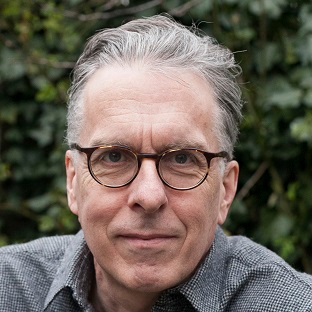 Professor Ed Bullmore Professor Ed Bullmore Professor Edward Bullmore has had careers in the clinic, academia and industry. He is the head of the department of Psychiatry at the University of Cambridge, the director of the Wolfson Brain Imaging Center and the head of a neuroimmunology research group at GlaxoSmithKline. His academic interests range from the clinical to the mathematical. He is perhaps most known for his work on analysing brain networks using the framework of graph theory while his current interest, described in his latest book, “The Inflamed Mind”, is neuroimmunology. The understanding of psychiatric disorders is the thread that connects all of professor Bullmore’s diverse interests. The following interview probes into his past experiences and asks his advice for budding young scientists attending the OHBM 2018 annual meeting in Singapore.
0 Comments
By Jean Chen --- See Gustavo Deco's keynote OHBM2018 lecture here: https://www.pathlms.com/ohbm/courses/8246/sections/12540/video_presentations/115830 --- Dr. Wilder Penfield once said that “the brain holds within its humming mechanism secrets that will determine the future of the human race.” And yet, most of us would agree that the brain remains the least understood organ. How do we start to understand how the brain works? Prof Gustavo Deco’s approach, one of our OHBM2018 keynote speakers, is to try to build one.
Mentorship Program: an ongoing initiative by the OHBM Student and Postdoc Special Interest Group5/21/2018 “In order to be a mentor, and an effective one, one must care. You must care. You don’t have to know how many square miles are in Idaho, you don’t need to know what is the chemical makeup of chemistry, or of blood or water. Know what you know and care about the person.” — Maya Angelou The online mentorship program is an ongoing initiative launched by the OHBM Student and Postdoc Special Interest Group in early 2017. In this international initiative, mentors and mentees from around the globe are matched on the basis of their experience and expectations. The mentor supports the mentee’s growth by providing advice on topics such as - but not limited to - academic development, grant writing, and work-life balance. What is unique about this program is that every member of the OHBM community can be mentored and can also be a mentor. For example, the program has early career principle investigators (PIs) who seek mentoring by more established PIs, as well as senior PhD students who mentor trainees just starting out. As a rule of thumb, the program maintains at least 3 years of “experience difference” between mentors and mentees, with mentor-mentee pairs often being close in career stage. Currently, there are 424 participants in the program. In this blogpost, we compare statistics from two successive rounds (Round 1, 2017 and Round 2, 2018) of the mentorship program: 252 participants signed up in Round 1, and an additional 172 participants signed up in Round 2. 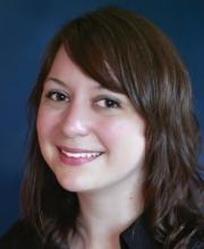 Prof Leah Somerville Prof Leah Somerville --- See Leah Somerville's OHBM2018 keynote lecture here: https://www.pathlms.com/ohbm/courses/8246/sections/12540/video_presentations/115832 --- Professor Leah Somerville is an associate professor of psychology and director of the Affective Neuroscience and Development lab at Harvard university. She was recently awarded the Early Career award by the Social & Affective Neuroscience Society. Here we find out more about her academic career path, and what we can expect from her keynote speech at OHBM2018 in Singapore. Nils Muhlert (NM): First, can you tell us about your career path – how did you get into neuroimaging? By Elizabeth DuPre and Kirstie Whitaker This month we continued our Open Science Demo Call series by speaking to Ariel Rokem, Dora Hermes, and Tammy Vanderwal about three initiatives they’re involved with that promote openness in neuroimaging research. 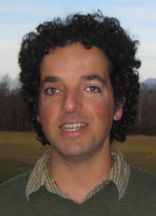 Ariel Rokem Ariel Rokem Ariel introduced us to NiPy--short for NeuroImaging in Python--which is a large community-of-practice to support using python for neuroimaging. He explained that NiPy exists within the broader SciPy--short for Scientific computing in Python--community, and it unites many individuals who use Python in their scientific analyses. As open communities, Ariel pointed out that anyone is welcome to use the NiPy and SciPy software as well as to participate in its development. If you’re interested in hearing more, he encourages you to check out the NiPy mailing list or the annual SciPy conference! By Valeria Kebets, Csaba Orban, Thomas Yeo on behalf of the OHBM 2018 Local Organizing Committee (LOC)
As we’re swiftly approaching June, we thought we would follow-up our previous blogpost with 10 practical tips to help you make the most of OHBM 2018 in Singapore. |
BLOG HOME
Archives
January 2024
|
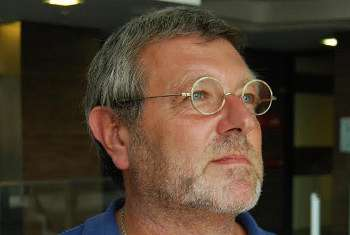
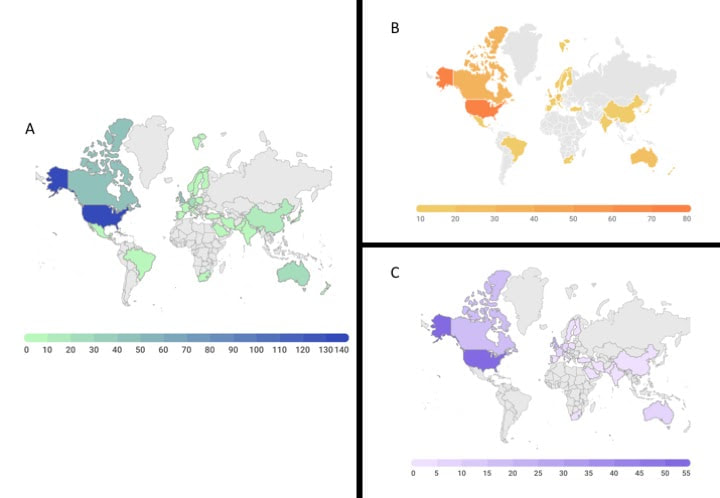

 RSS Feed
RSS Feed